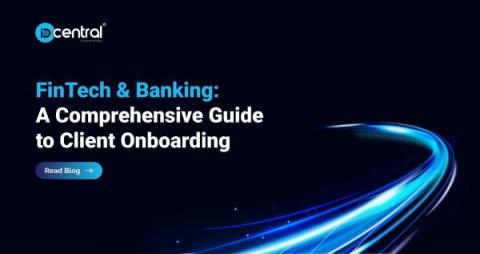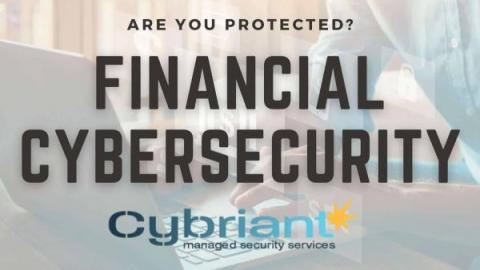Securing Finance and Accounting Teams from Cyberattacks
Much of an organization’s most critical business and employee data passes through the hands of finance and accounting professionals. It’s one of the main reasons cyberthreats present a significant risk to finance and accounting teams — especially for small accounting firms that are directly responsible for their security.









